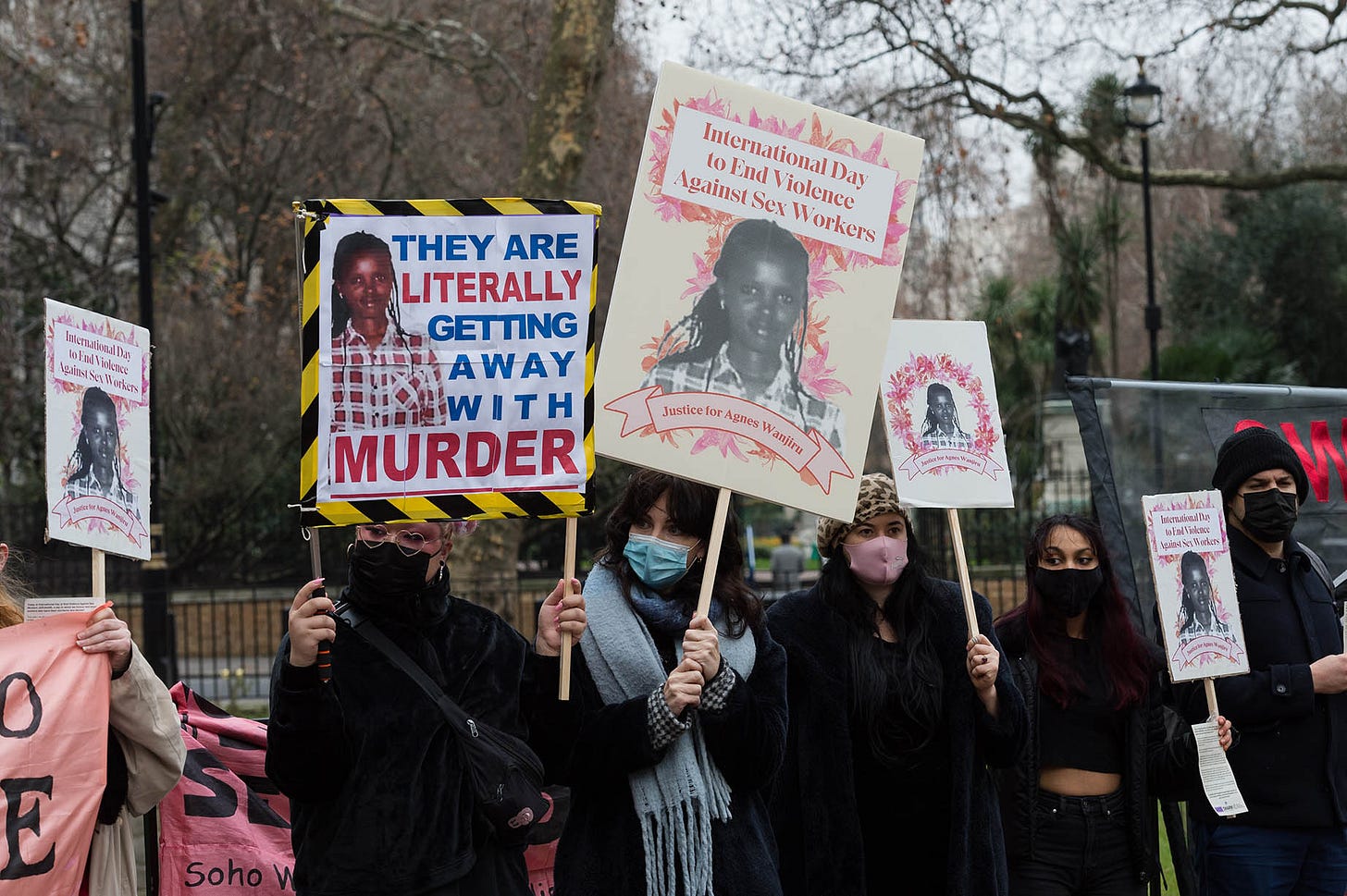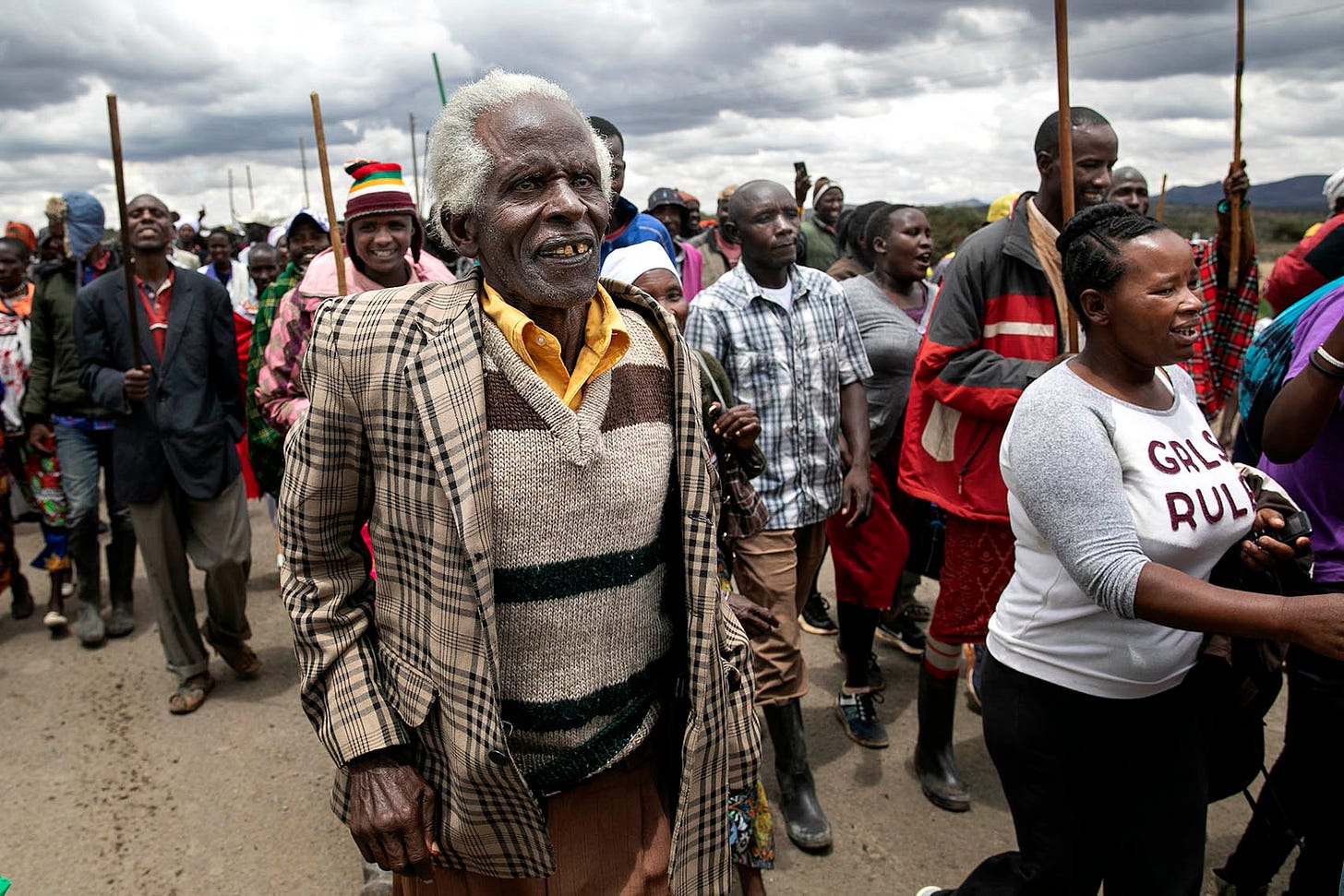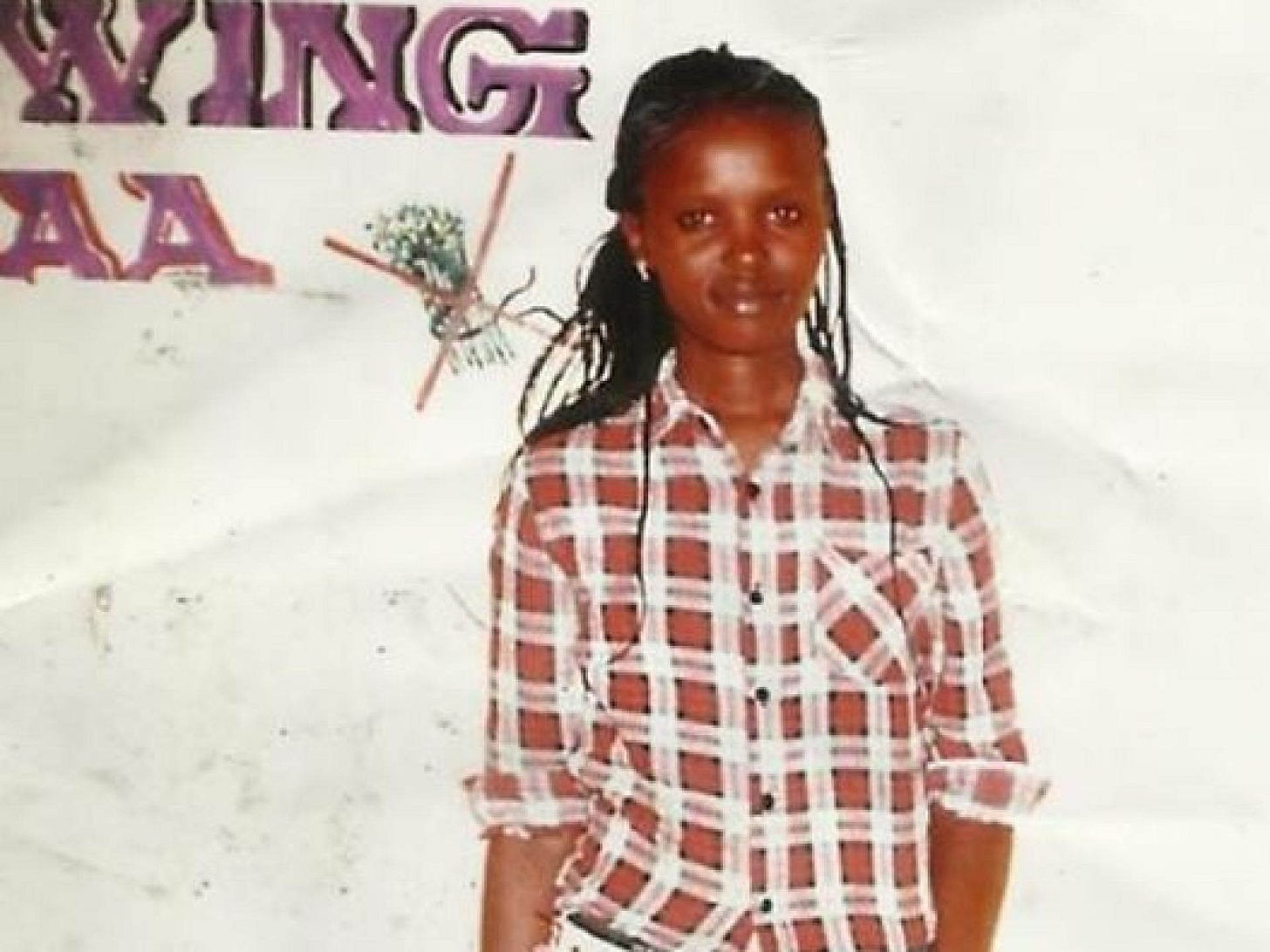Agnes Wanjiru: A decade without justice
A Kenyan woman was murdered at a party with British troops in the country’s north in 2012. Reports indicate that a soldier killed her, but nobody has been brought to justice.
Parts of Kenyan society are looking forward to hosting Charles Windsor, but the family of Agnes Wanjiru are not among them – unless he can answer for her murder by British soldiers who still walk free a decade later.

“Justice is all we want,” Rose Wanyua, the elder sister who raised Wanjiru, tells The Continent.
In 2012, Wanjiru’s body was retrieved from a septic tank in a hotel in Nanyuki. The town, 200km north of Nairobi, is where the British army maintains a military base for its soldiers to do hot-weather training. She was last seen alive in the company of hard-partying British soldiers. At the time, Wanjiru had reportedly turned to sex work to feed her five-month-old baby.
Esther Njoki, Wanjiru’s niece, was not yet a teenager when her aunt disappeared but the family’s 11-year search for answers has given the now 19-year old the anguished yet determined voice of an activist. “The killers, who are known in London, are walking free,” Njoki says. She demands compensation and the arrest and extradition to Kenya of the British soldiers suspected of the murder.
A 2019 inquest by Nanyuki magistrate Njeri Thuku found that Wanjiru was probably alive when she was thrown into the tank but had been beaten and stabbed. A 2021 investigation by British newspaper Sunday Times revealed that a British soldier had been bragging to his peers that he killed her and another told their military base leaders that the alleged murderer even showed him Wanjiru’s body back in 2012. Kenya announced that it would reopen the investigation into Wanjiru’s murder and days later, while visiting the Nanyuki base, the UK’s deputy minister for armed forces, James Heappey, said: “We will leave no stone unturned as we provide our full support to the investigation.”
Nobody has been charged for the murder.
The Continent reached out to Mohamed Amin, Kenya’s director for criminal investigations, but calls and messages went unanswered.
Wanjiru’s family and other victims of alleged abuses by British soldiers in Kenya would like to draw the British monarch’s attention to their pain. The African Centre for Corrective and Preventive Action, a campaign group that supports them, had planned to picket the British high commission in Kenya on 30 October, the day before Windsor jets in. But their notice letter to Kenya’s police was declined, meaning that the protest, if it goes ahead, might be brutally repressed.

The group’s executive director, James Mwangi, sent the British envoy in Kenya a letter requesting a physical meeting between the monarch and Wanjiru’s family but has not received a response.
Meanwhile, the UK continues to keep at least 200 military personnel in Kenya. Most of them are involved in training Kenyan soldiers for deployment to neighbouring Somalia for combat against al-Shabaab. London invests more than $9.6-million every year into the partnership which passes out more than 1,000 Kenyan soldiers annually.
But the price Kenyans pay is less eagerly quantified. In another Kenyan loss, a fire that started during military exercises by the British troops in Nanyuki burned some 12,000 acres of land. The more than 7,000 people who lost their land and livelihoods have not received any compensation, according to their lawyer Kelvin Kubai – who called a press conference in Nairobi last week.
In April Kenyan legislators renewed the defence co-operation with the UK for another five years but a parliamentary inquiry into the alleged wide-ranging abuses by British soldiers based in Kenya that was proposed in June appears to have gone nowhere. Asked about it, Caleb Amisi, an MP on the committee charged with the inquiry told The Continent that they will soon “make a visit soon to the affected areas and Parliament will issue a final report on the probe”.




